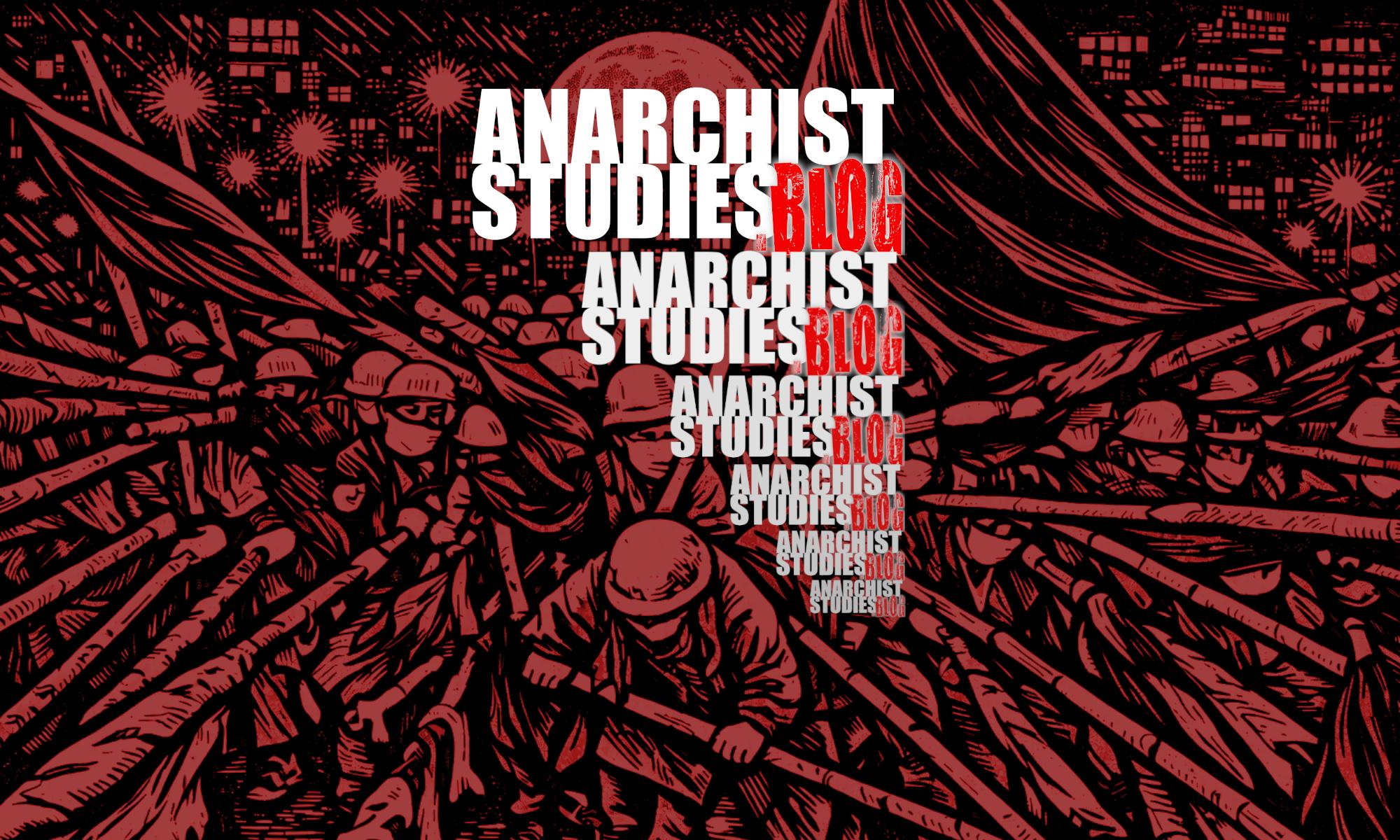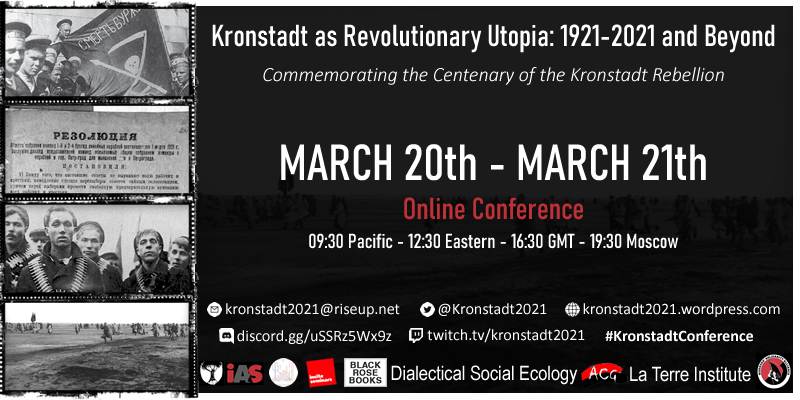In this article, Thomas Swann applies the lens of Stafford Beer’s Viable System Model (VSM) to assess the threats posed to effective mutual aid self-organisation, including issues around top-down control, complex communication infrastructures, and preconditions such as community identity and organising experience. Swann argues that cybernetics can help us to collectively learn from, and overcome, the challenges of mutual aid organising during the Covid-19 pandemic crisis, and that we must do so to meet looming future crises.
Anarchism, Cybernetics and Mutual Aid – A Reflection One Year On
[Part of a series of articles reflecting on anarchist responses to the Covid-19 crisis and lockdown, one year on].

